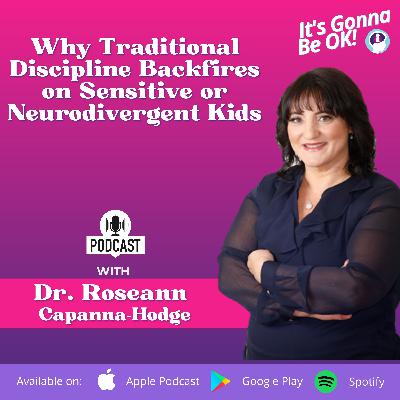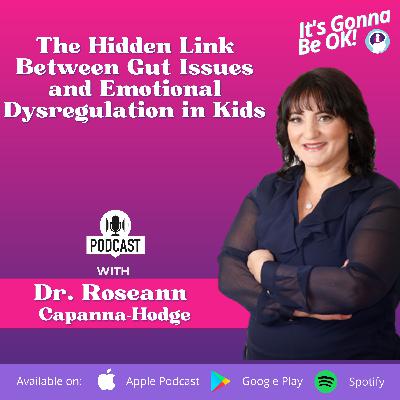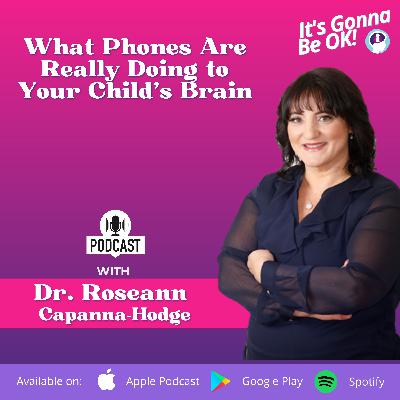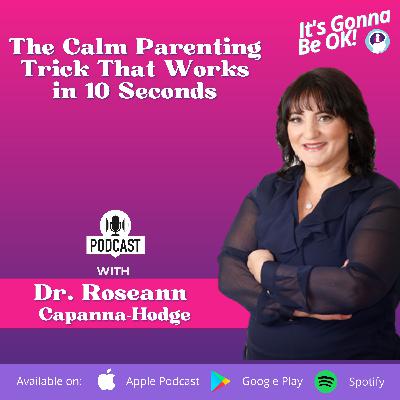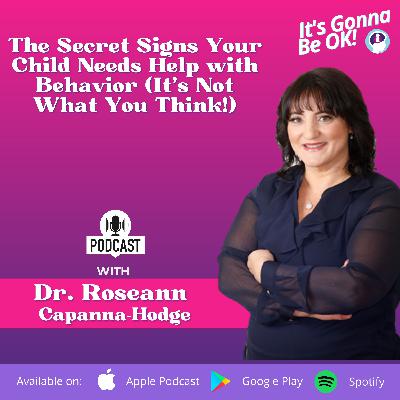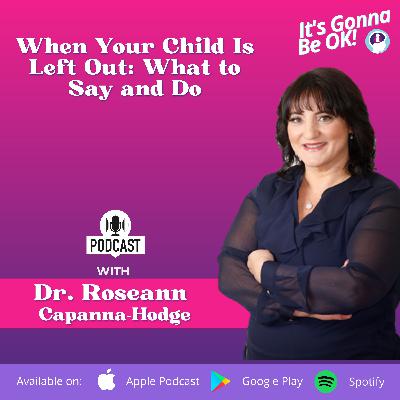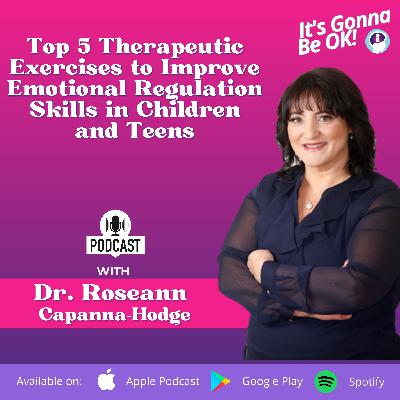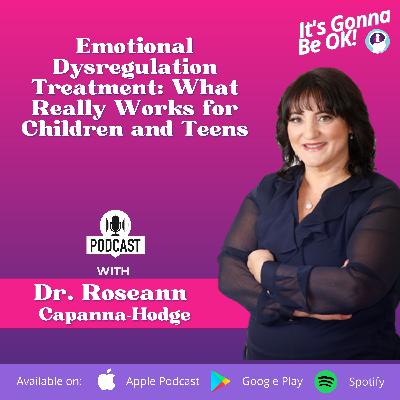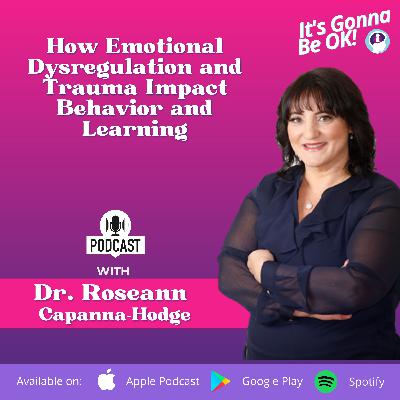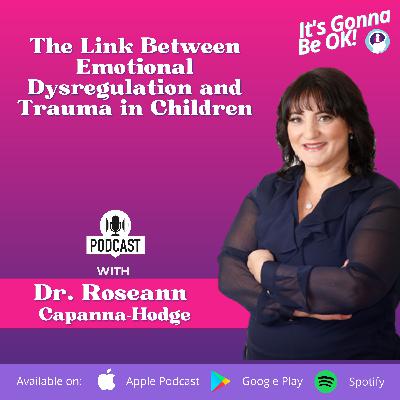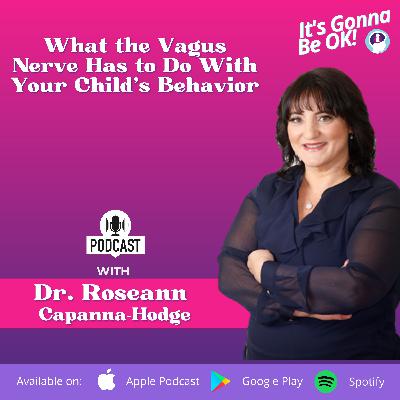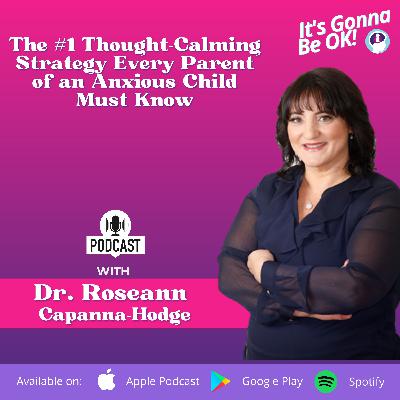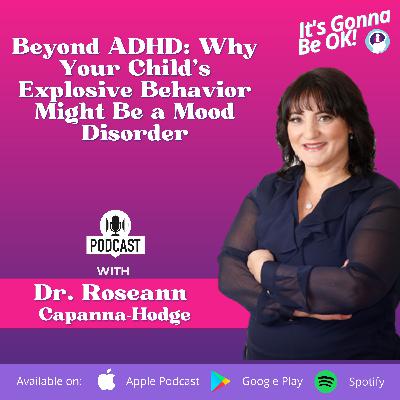334: Why Traditional Discipline Backfires on Sensitive or Neurodivergent Kids
Description
Parenting a child who melts down no matter how hard you try can feel draining and lonely. You’ve done the time-outs, taken away privileges, tried the sticker charts—and yet the child’s behavior keeps coming back.
Instead of helping, those strategies sometimes make things worse, leaving you wondering if you’re doing something wrong. You’re not alone, and it’s not bad parenting—it’s a dysregulated brain.
In this episode, I’m breaking down why traditional discipline backfires on sensitive or neurodivergent kids, and what actually works instead. I’ll give you practical strategies to calm the nervous system first, show you why connection always beats punishment, and teach you how to build the problem solving skills your child truly needs.
Why doesn’t time-out work for my neurodivergent child?
If you’ve ever sent your child to time-out only to have the meltdown get worse, you’re not imagining it. For many neurodivergent kids, time outs don’t feel like teaching—they feel like rejection. And instead of calming down, their nervous system ramps up even more.
Research shows that parents use time-outs inconsistently, and the reality is, they’re often applied when a child is already at peak emotional dysregulation. In that state, the brain can’t process or learn. Many neurodivergent kids experience shame, anxiety, or even sensory overload instead of gaining self-control.
Here’s what’s really happening:
- Time-outs miss the teachable moment because kids are too dysregulated to reflect.
- Sensitive children feel wrong or rejected, which can trigger bigger power struggles.
- Connection is the game changer, because safety is what allows real emotional regulation.
So if time-outs keep backfiring in your family, it isn’t about bad parenting. It’s not bad parenting—it’s a dysregulated brain.
How can I stay calm when my child is melting down?
I know how exhausting it feels when your child is screaming, crying, or refusing to listen. In those moments, your own nervous system wants to react—but here’s the truth: your calm is your child’s calm. This is why I call parents the emotional anchor.
When you regulate yourself first, you model the very skill your child is struggling to build. You don’t need to get it right 100% of the time—aiming for 80% is more than enough. Perfection isn’t required for growth, and reminding yourself of that can reduce the pressure and pain you carry as a mom or dad.
A few ways to anchor yourself:
- Pause before reacting. Even 30 seconds of breathing can calm your nervous system.
- Check your body language. Slow down, soften your tone, and relax your shoulders.
- Co-regulate first. Teaching happens later—after your child feels safe and understood.
🗣️ “When you calm yourself first, you give your child the right tools to eventually calm themselves too. That’s so much sense in action.” — Dr. Roseann
You don’t have to figure this out alone.
Become a Dysregulation Insider VIP and get your FREE Regulation Rescue Kit: How to Stay Calm When Your Child Pushes Your Buttons and Stop Oppositional Behaviors.
Head to www.drroseann.com/newsletter and start your calm parenting journey today.
What do I do when discipline feels like punishment, not teaching?
Traditional discipline often focuses on stopping a child’s behavior instead of teaching new skills. But many neurodivergent kids don’t connect actions with natural consequences in the same way neurotypical kids might. That doesn’t mean they can’t learn—it just means we need to focus on the core issues behind the behavior.
Here’s the reframe I want you to remember:
- Behavior is communication. Your child is telling you something about their nervous system.
- Calm comes before correction. Without regulation, kids can’t absorb parenting advice or lessons.
- Connection builds skills. Your child borrows your calm, practices emotional regulation, and develops problem solving skills over time.
This isn’t about ignoring challenges or lowering expectations—it’s about shifting from punishment to teaching. When we create calm and use natural consequences, we support both the child and the family in building long-term resilience.
How do I help my child build self-regulation skills?
Self-regulation doesn’t just “click.” It’s learned, modeled, and practiced—just like cooking, reading, or riding a bike. Many neurodivergent kids need more low demand parenting at first, because the combination of school stress, transitions, sensory overload, and big emotions can overwhelm them.
Here are some practical strategies that make a difference:
- Model regulation. When adults handle stress calmly, kids learn by watching.
- Do situational autopsies. Once calm is restored, sit with your child and talk through what happened and what could be done differently.
- Notice small wins. Praise moments of emotional regulation, no matter how tiny.
- Shift from control to teaching. Every meltdown is a chance to build problem solving skills, not to hand out a consequence.
This isn’t about being soft—it’s about focusing on the real issue. When you calm the brain first, you make space for growth, connection, and confidence. That’s what makes the difference.
Final Thoughts
Parenting a sensitive or neurodivergent child comes with unique challenges, but with the right tools, it becomes a journey of growth for both you and your child. Traditional discipline may create patterns of shame or power struggles, but strategic nervous system parenting builds skills that last a lifetime.
With every pause, every breath, every moment of co-regulation, you’re teaching your child resilience, emotional regulation, and problem solving. You’ve got this—and remember, you’re not alone.
Feel like you’ve tried everything and still don’t have answers?
The Solution Matcher helps you find the best starting point based on your child’s symptoms, behaviors, and history. It’s fast, free, and based on decades of clinical expertise.
Get your personalized plan now at www.drroseann.com/help
Unlock your child’s potential in just one week with Quick Calm—a step-by-step program designed to help sensitive and neurodivergent kids settle their nervous system.
When the brain feels calm, real change begins. Start today at www.drroseann.com/quickcalm
FAQs
Can you discipline a neurodivergent child?
Yes—but it looks different. Traditional discipline often backfires. Neurodivergent kids need guidance rooted in connection, safety, and nervous system regulation, not punishment. Calm support teaches skills far more effectively than consequences alone.
What are the challenges of raising a neurodivergent child?
Parents often face meltdowns, sensory overload, or emotional swings. These challenges aren’t misbehavior but signs of nervous system dysregulation. Understanding this shift makes parenting less about control and more about support.
How do neurodivergent children behave?
Behaviors vary—some withdraw, others act out. What looks like defiance is often stress, overwhelm, or sensory sensitivity. Their behavior communicates what their brain can’t yet express with words.

